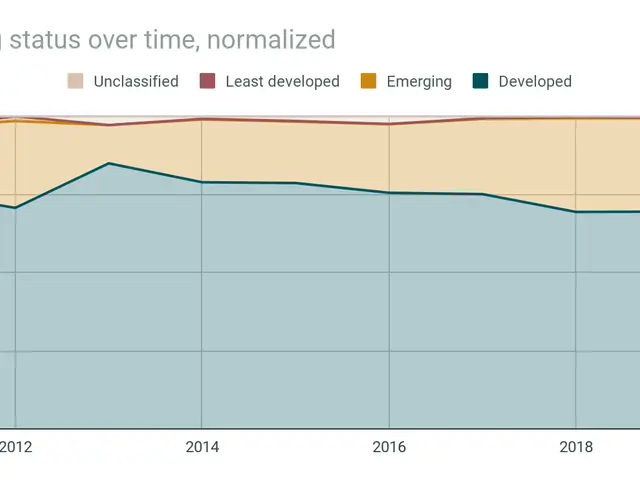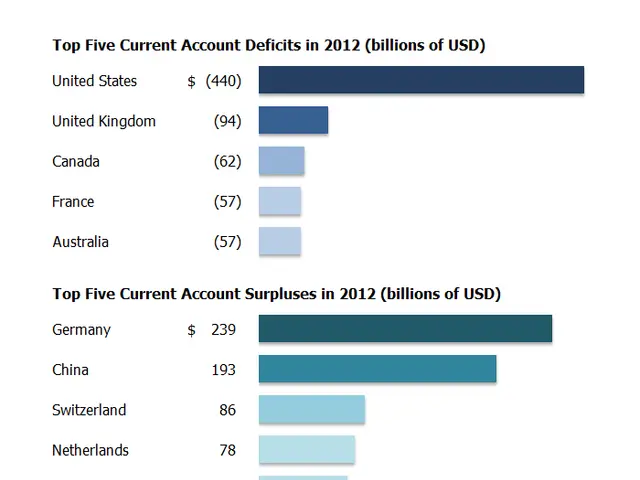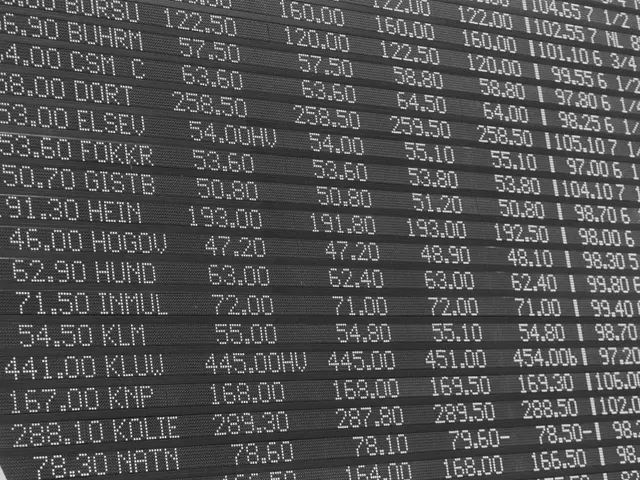Germany's Bond Market Sees €309 Billion in 2025, Including First Blockchain-Based Digital Bond
Germany's bond market has seen significant activity in 2025, with €309 billion issued across 89 auctions, including €218 billion in bonds. Notably, this includes the first blockchain-based digital bond, a €100 million KfW crypto security, reflecting the advancing role of fintech in the world market of bonds. However, understanding the risks and types of debentures is crucial for investors.
Debentures, similar to bonds, are debt securities representing loans made by investors to corporations. They come in two types: secured and unsecured. Secured debentures are backed by specific assets of the issuing company, providing a safety net for investors. On the other hand, unsecured debentures, also known as corporate IOUs, aren't backed by any specific asset, making them riskier.
Investors should consider several key factors when investing in debentures. These include the credit rating of the issuer, the interest rate offered, the maturity date, and any call provisions. Market fluctuations, changes in interest rates, and economic conditions can also significantly impact the value of debentures.
In Germany, the market for secured and unsecured debentures is dominated by government bonds. While detailed data on the specific volumes of secured versus unsecured debentures is limited, the market has seen notable innovations like the blockchain-based digital bond issued by KfW. In contrast, in the United States, a 'debenture' typically refers to an unsecured corporate bond, while in the UK, it generally refers to a secured debt instrument.
Understanding the distinction between secured and unsecured debentures, and the risks they carry, is vital for investors navigating the stock market today. As the market evolves with innovations like digital bonds, staying informed about these differences will help investors make well-informed decisions.





